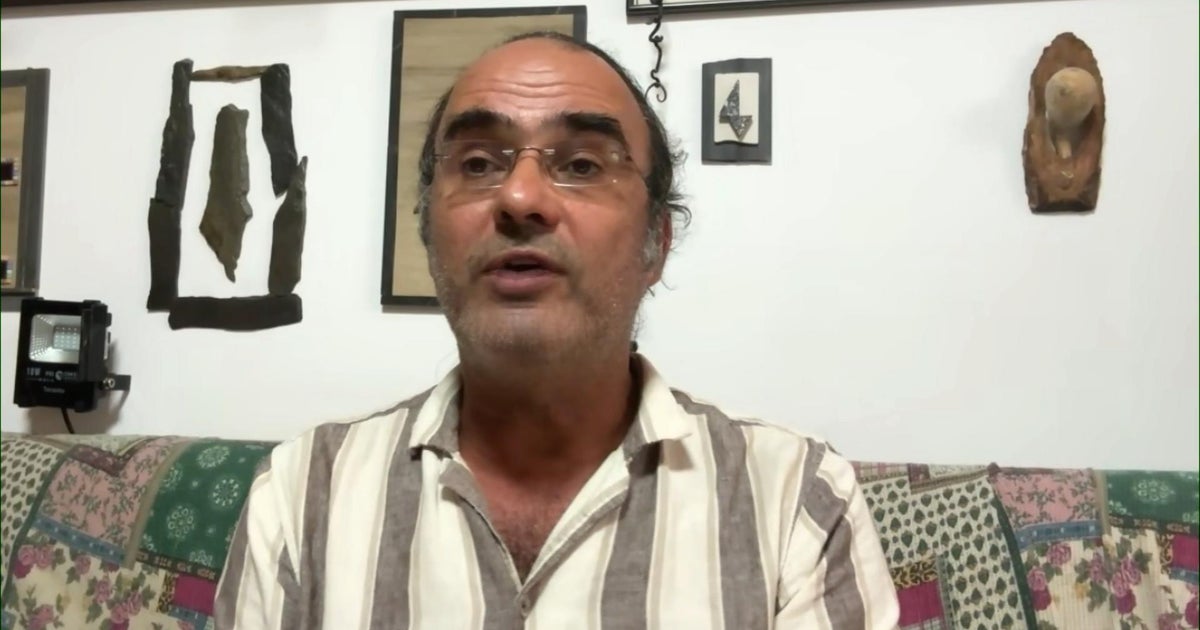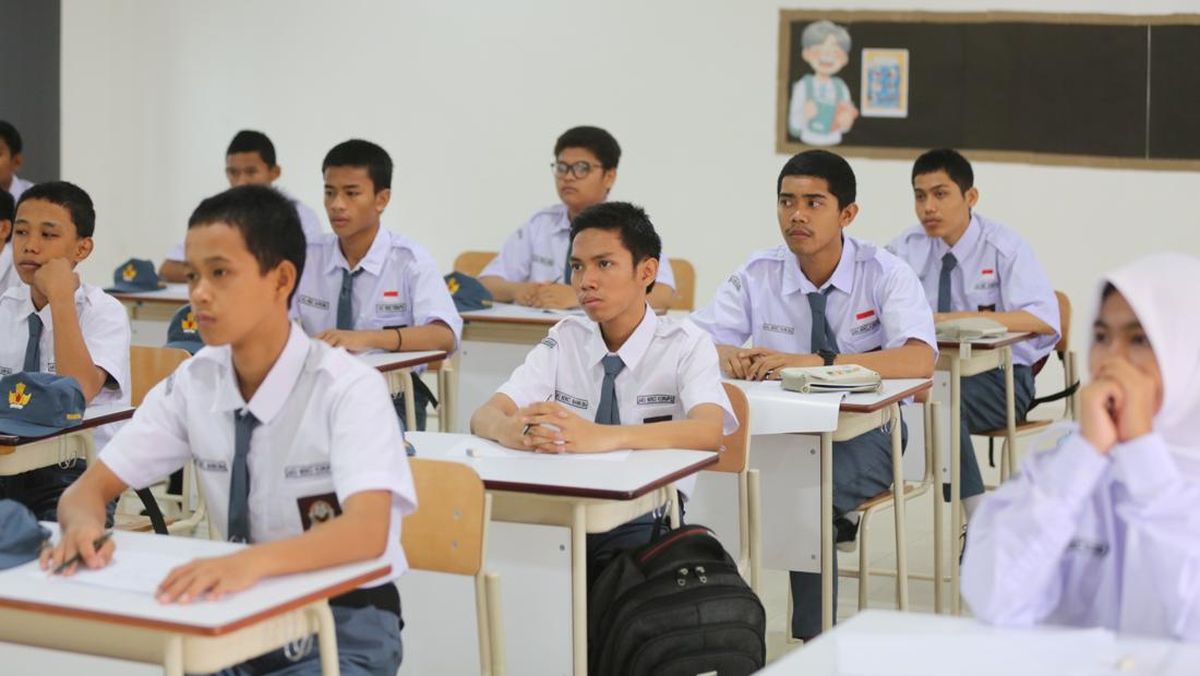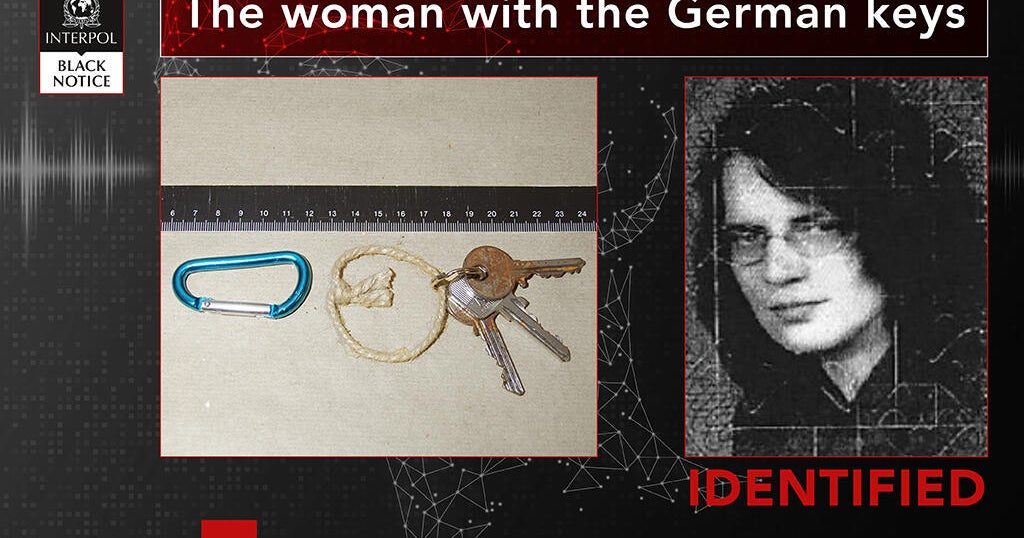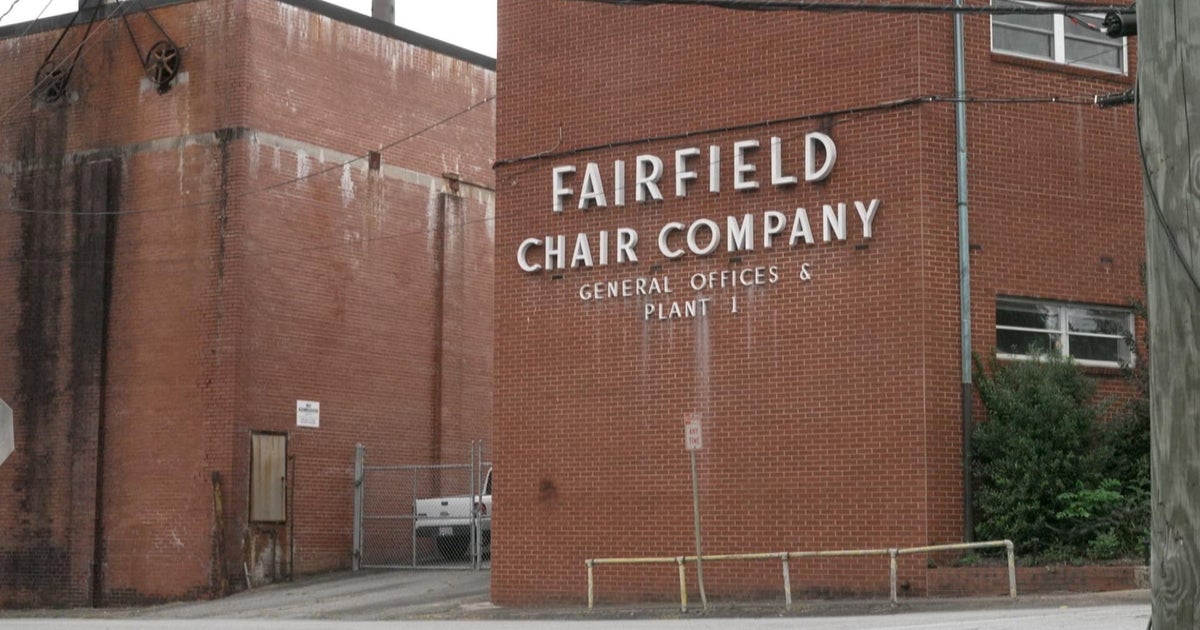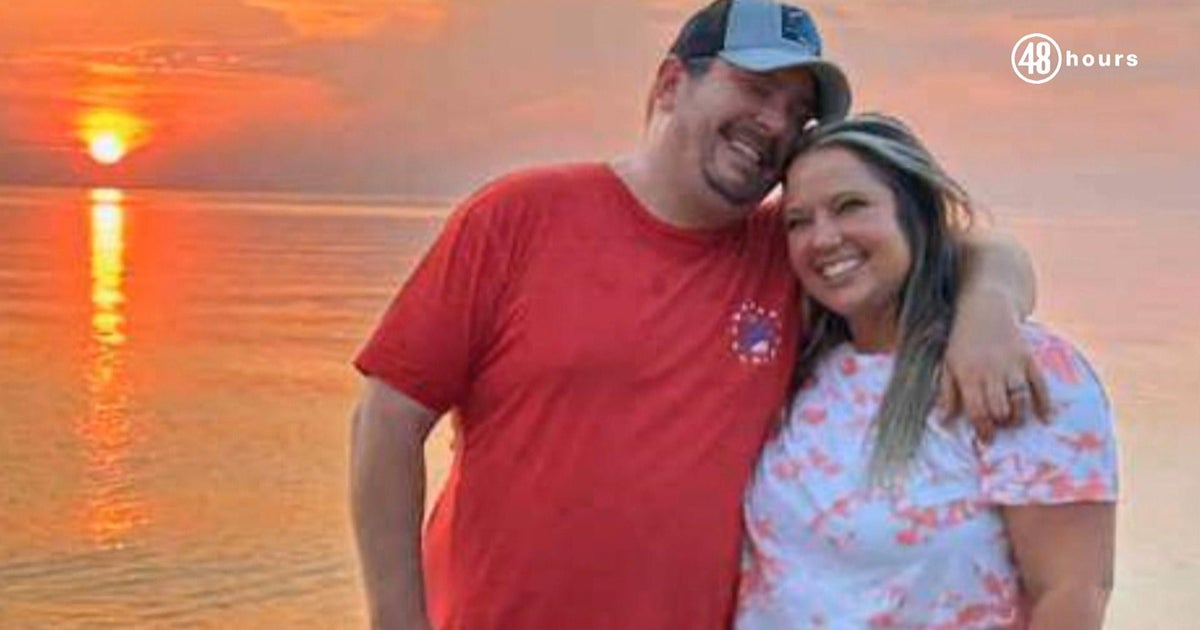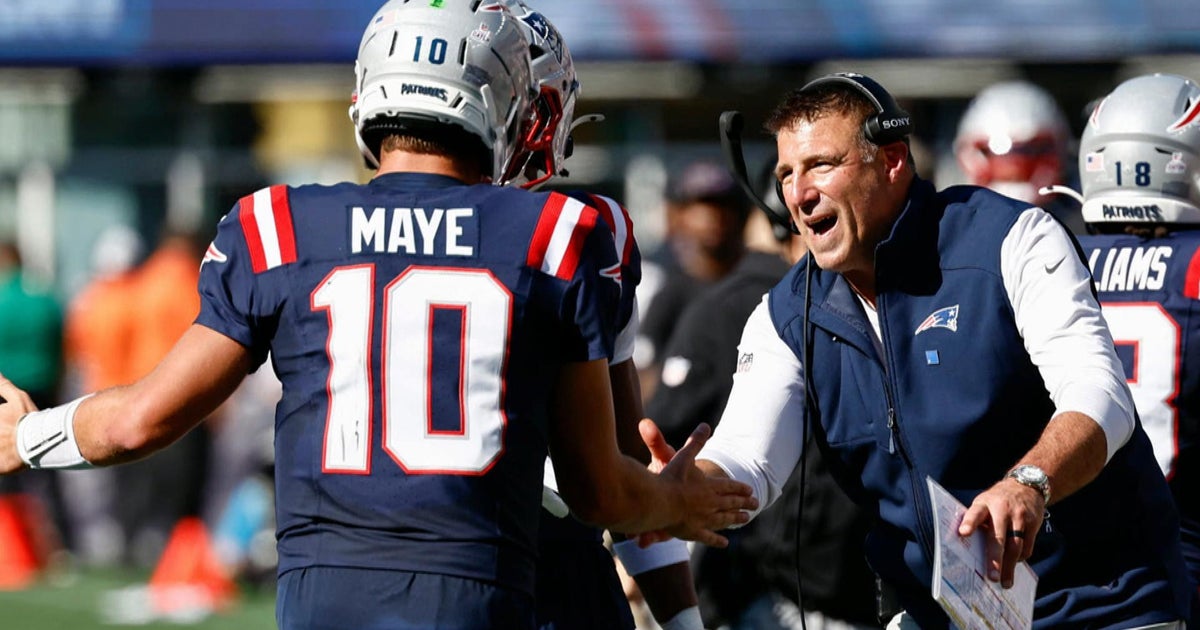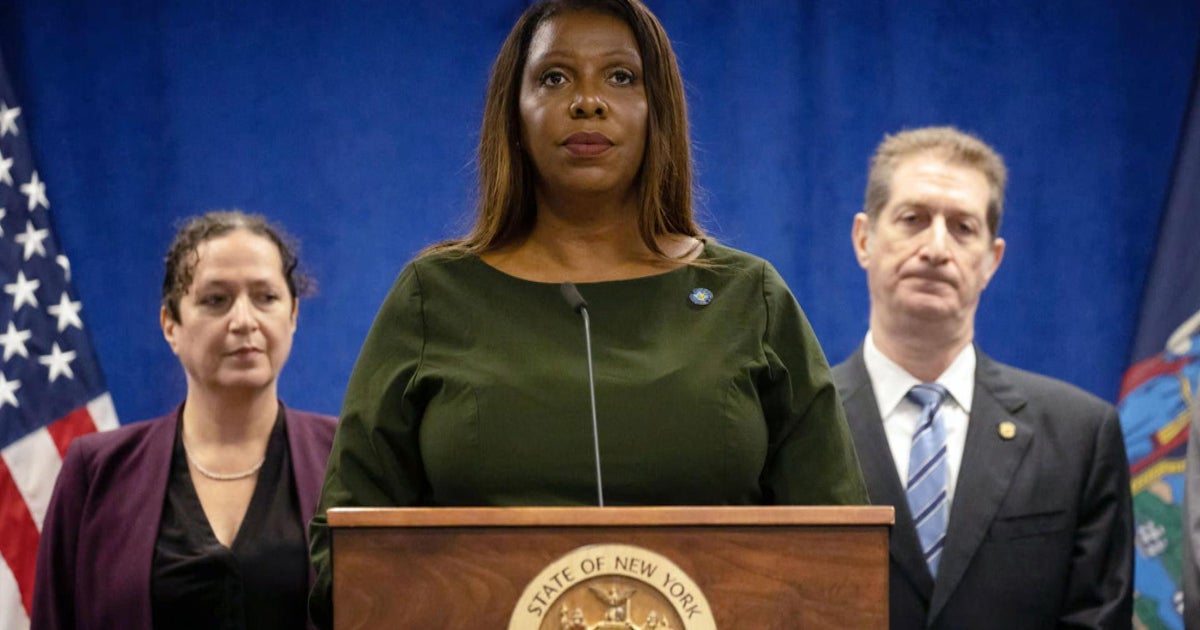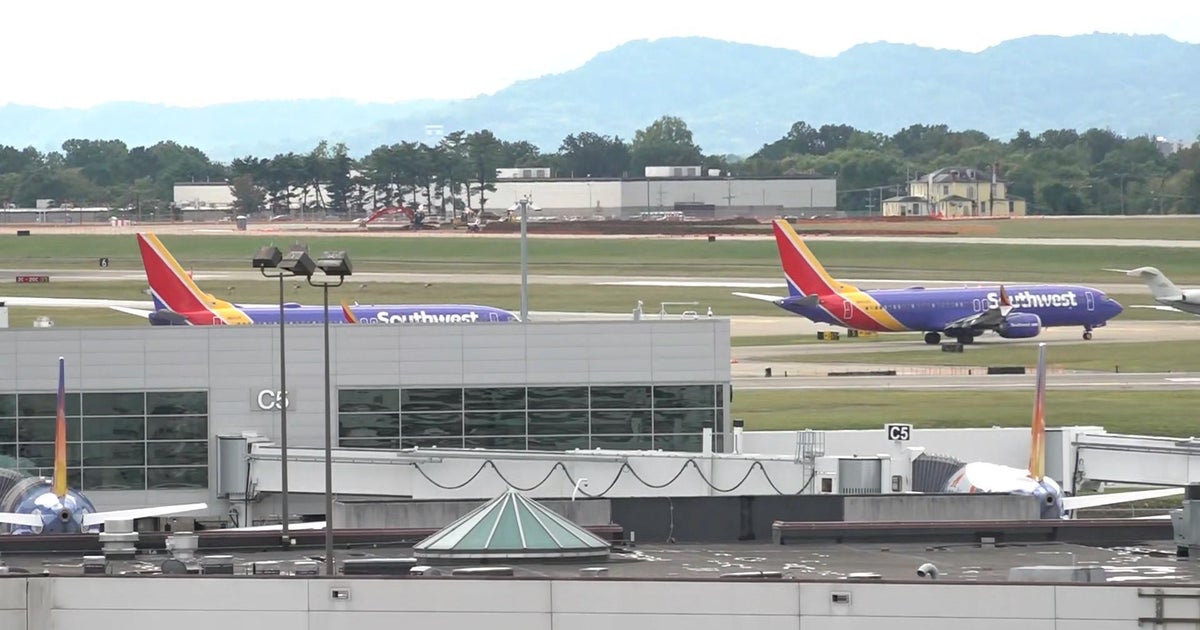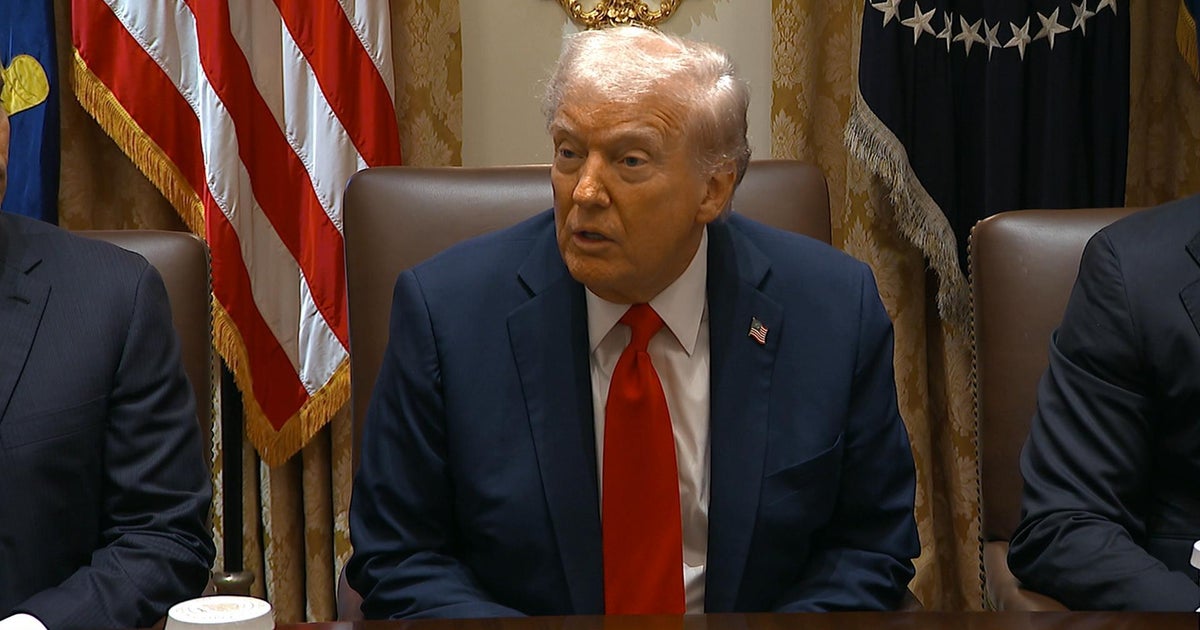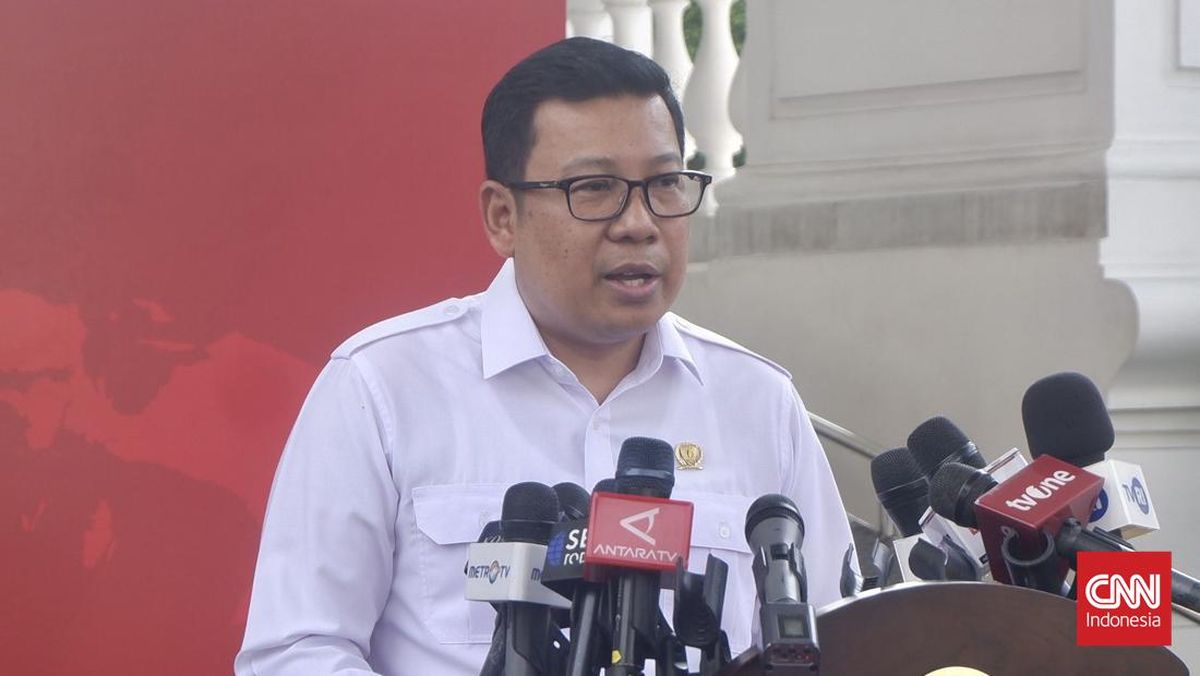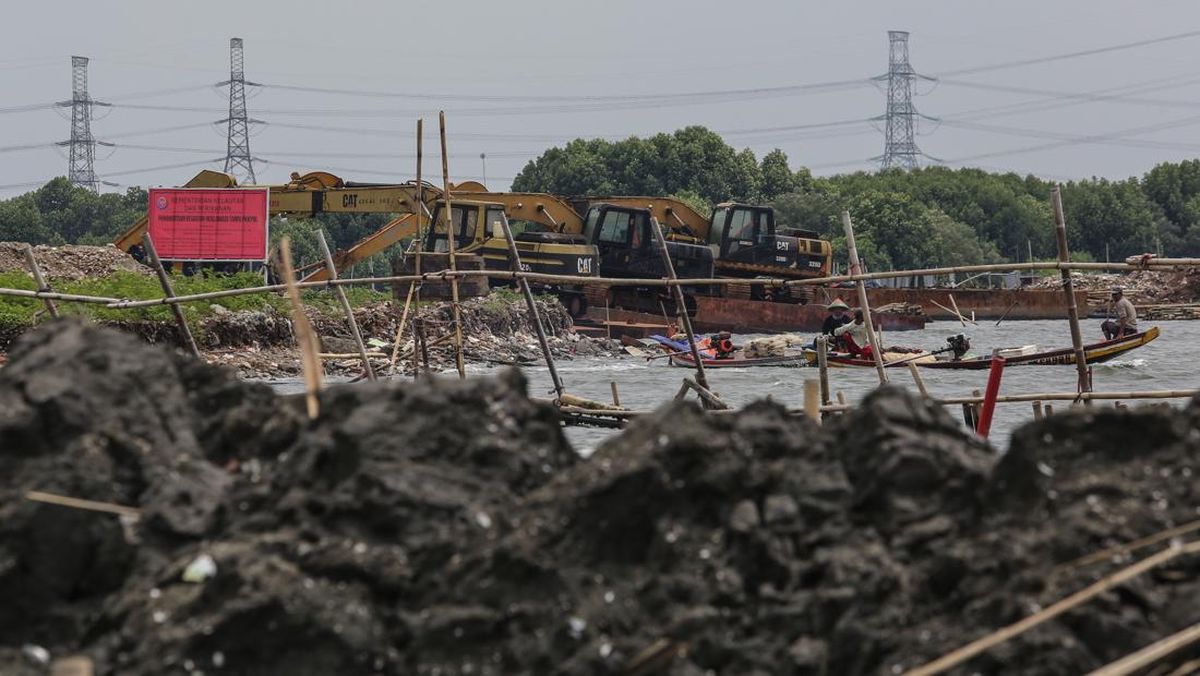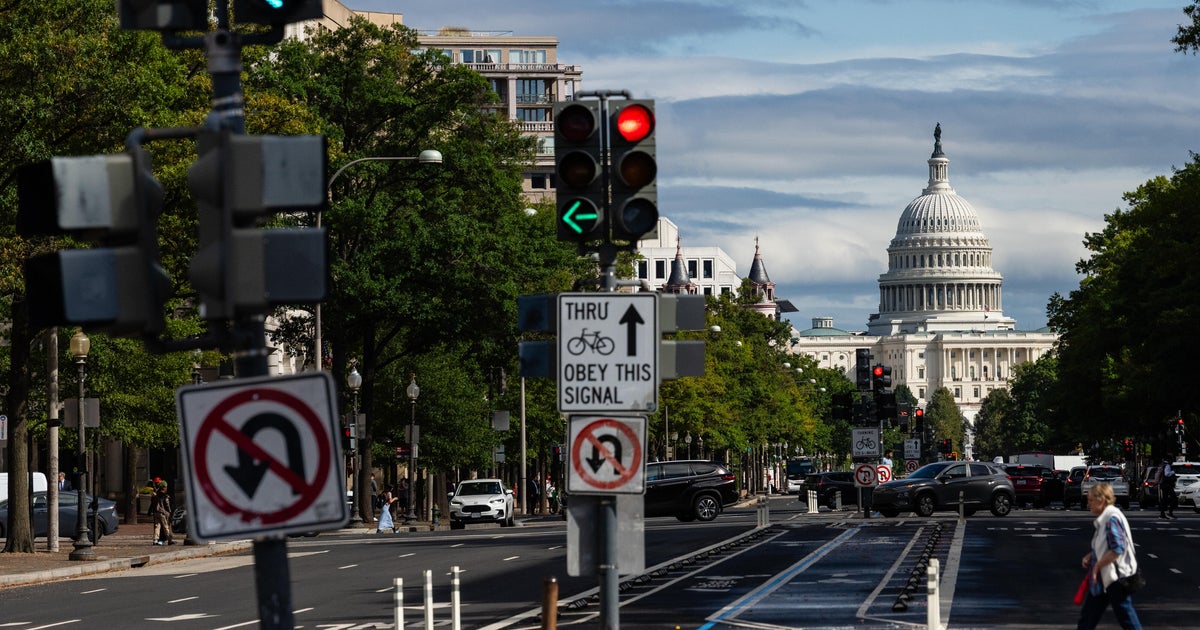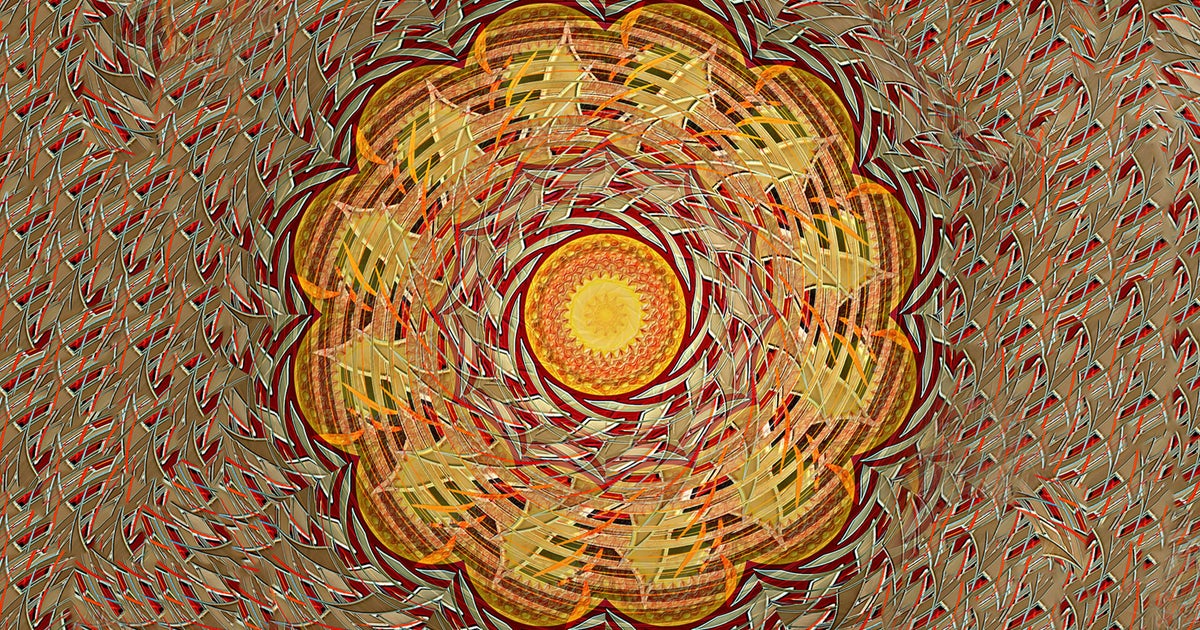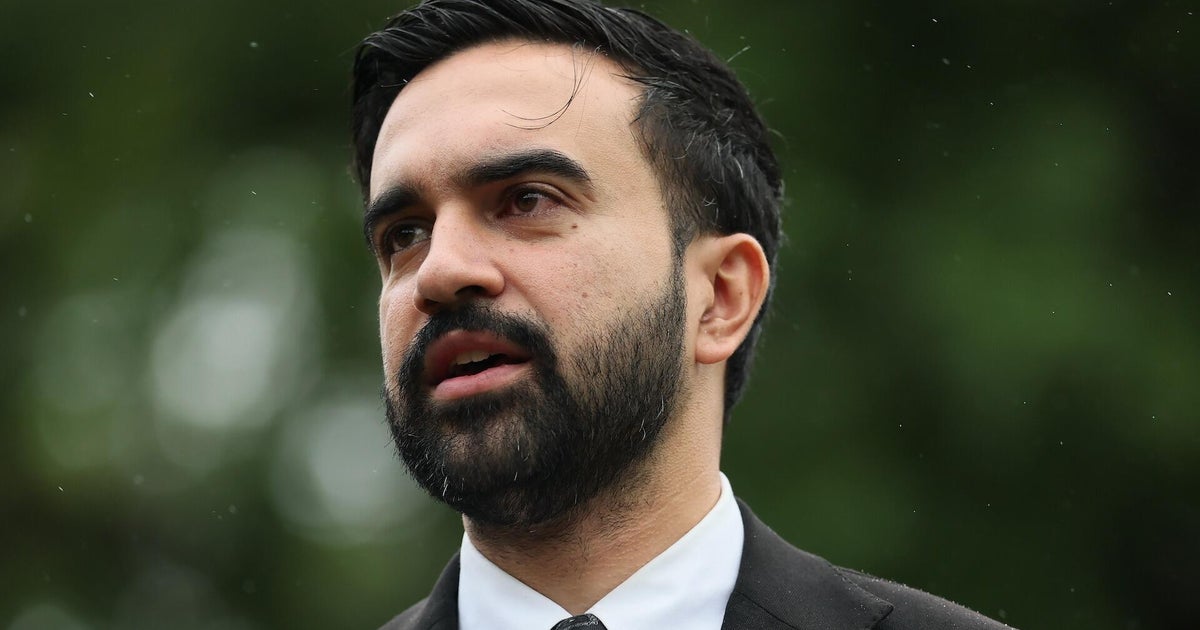I tried the ‘authentic travel’ trend. It almost ruined my holiday
Opinion
September 16, 2025 — 7.29pm
September 16, 2025 — 7.29pm
On a recent sunny day in Berlin, I peered at one of the city’s famous landmarks through a tiny, blurry viewfinder. A young couple had just bundled their camera into my hands and asked that I frame them at the forefront of the Brandenburg Gate. From every angle, tourists clustered in groups before the 18th century neoclassical monument, while lone travellers obscured by their iPhones snapped photos and swiftly moved along.
Following the collapse of the Berlin Wall and Ronald Reagan’s famous demand for it to be torn down, the Gate has become a national symbol of peace. Knowing this, and being confronted by so many others making the same pilgrimage, made my and my brother’s experience all the more confusing. Where we had expected to be struck by a sense of awe, we found it entirely underwhelming.

Julia Carr-Catzel with her brother in Germany.
Initially, I thought the fatigue of travel might be to blame. But a cursory look online reassured me I wasn’t alone in this insouciance. Philosopher Agnes Callard characterises this experience of hopping from one tourist hot spot or must-see attraction to another as “locomotion”. This kind of holiday, Callard argues, is more about ticking off a list or meeting the travel expectations of others than it is about experiencing the kind of break that a person really wants. For modern travellers, this increasingly means going where social media influencers (and the impressive algorithms powering them) deem to be unmissable.
While TikTok hadn’t led me to the Brandenburg Gate that day, it did lead me to a picturesque, fairy-tale town called Spreewald. An hour outside Berlin and known as the “Venice of Germany”, Spreewald is built on canals and allows for aesthetically pleasing activities like kayaking under weeping willows while drinking champagne – at least that’s what I was expecting based on the influencer content I’d seen. What was omitted from said videos, though, was the strenuous effort of paddling for two hours, navigating through tiny canals that splintered off in a million directions off an increasingly sodden map, being reprimanded after taking a wrong turn and trying to get back to base camp in time to avoid a late return fee.
Loading
It was an activity with the potential to make or break a marriage (fortunately, there’s no limit on petty arguments with a sibling). Sure, we got some great photos, but when my brother asked me on the train back to Berlin if it was better than TikTok, I was stumped.
It may seem antithetical, but becoming a locomotive tourist was precisely what I had wanted to avoid. Visiting the Brandenburg Gate was supposed to pack a punch because I had immersed myself in various periods of German history in the lead-up to the trip through film and literature. Spreewald fell into the “local gems” category, which is to say it was (according to an influencer) an unknown gem.
Before the trip, I had envisioned the kind of happenstance meetings that only happen when travelling: being invited to an elderly woman’s home for tea, where we’d pour over a photo album and listen to her terrifying encounters with the Stasi. Or sharing a table with Berliners at a Spati (convenience store) where we’d talk about the recent rise of the far-right.
Of course, none of these events occurred. The language barrier meant that conversations reduced to the bare minimum, and rounded off with a cringe, tokenistic “Danke schon”. Any attempt to blend in with locals was shattered with each faux pas (never dawdle in the bike lane).

Not pictured when kayaking in Spreewald: the strain and soggy maps.
There is, of course, the understandable reality that locals don’t wish to be somebody’s “tourist experience”. None of those experiences were owed to me from people living their lives, exhausted from work, trying to fit in a weeknight meal with friends. I certainly never spend time thinking about or looking for tourists to entertain in my daily life.
As I came to this realisation one awkward interaction at a time, I stopped striving for this impossible goal of “authentic travel” and let go of expectations. And really, what is authentic anyway? The conversation my brother and I did eventually have with a Vietnamese student in Munich, and the chat we had with some friendly Brits at the bar in Amsterdam certainly felt authentic.
Ironically, the really memorable moments – like my brother and I dancing to techno on a diet exclusively of pretzels and doner kebabs – don’t always translate to social media. What blossomed was an invaluable friendship. In retrospect, that was by far the most authentic part of the trip – far more meaningful than a landmark or people, 14,000 kilometres from home that’s reminiscent of an experience and place that I can appreciate, but to which I have no real connection.
Julia Carr-Catzel is an audio producer for The Age and Sydney Morning Herald.
Most Viewed in Lifestyle
Loading

